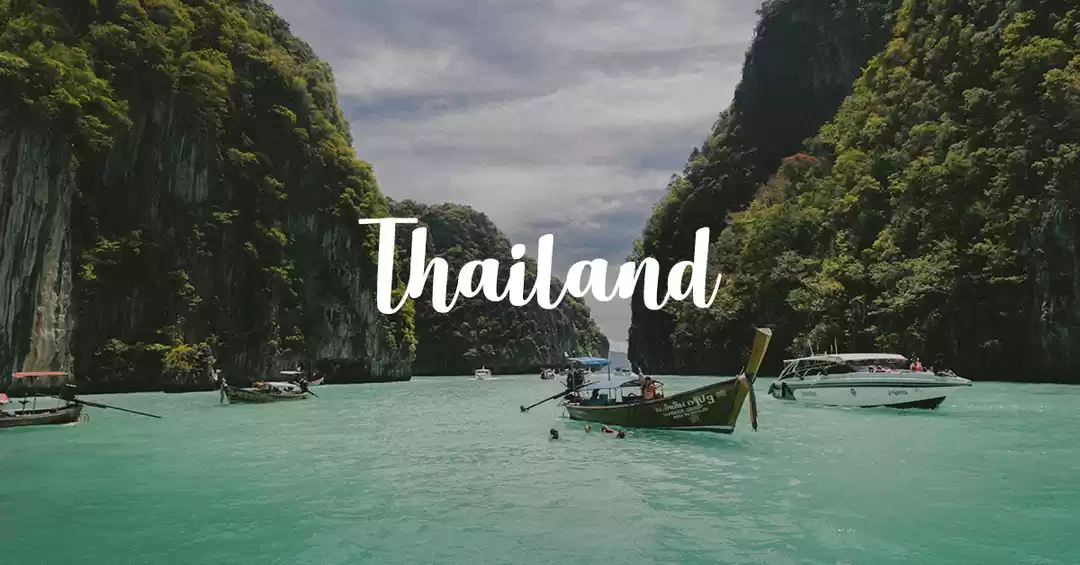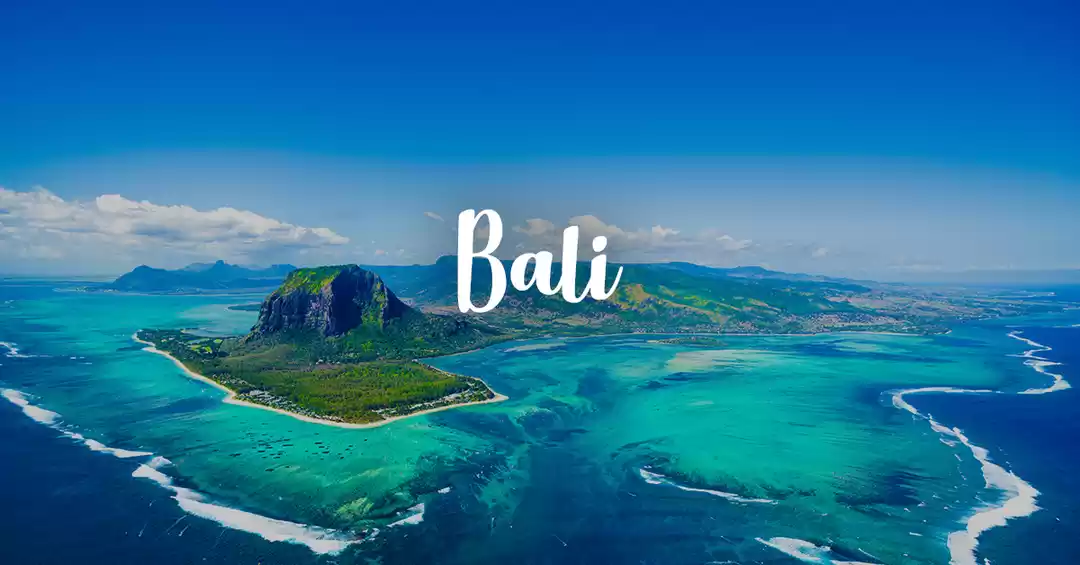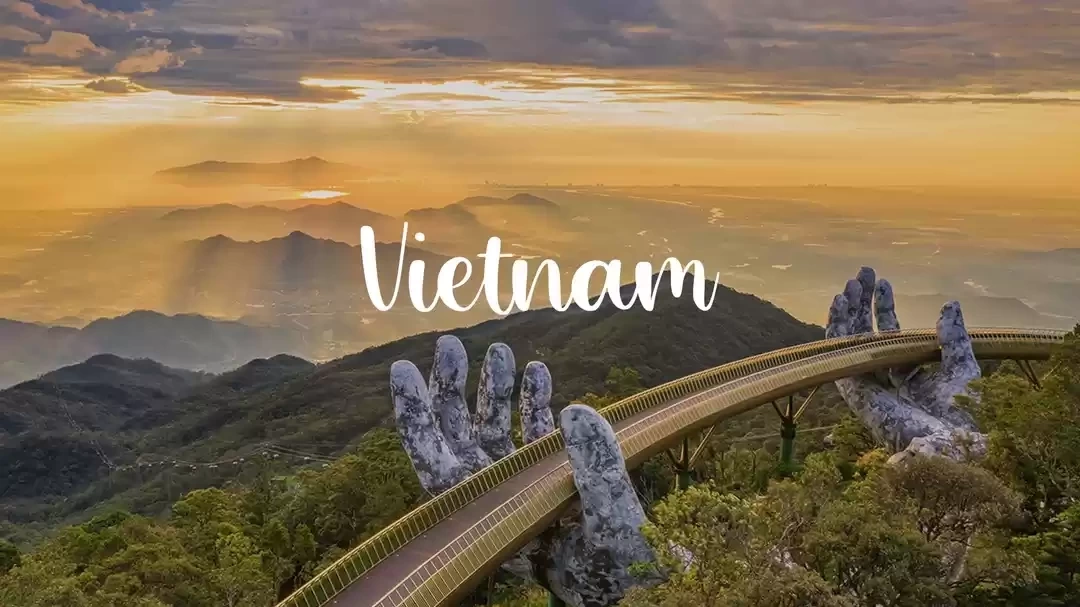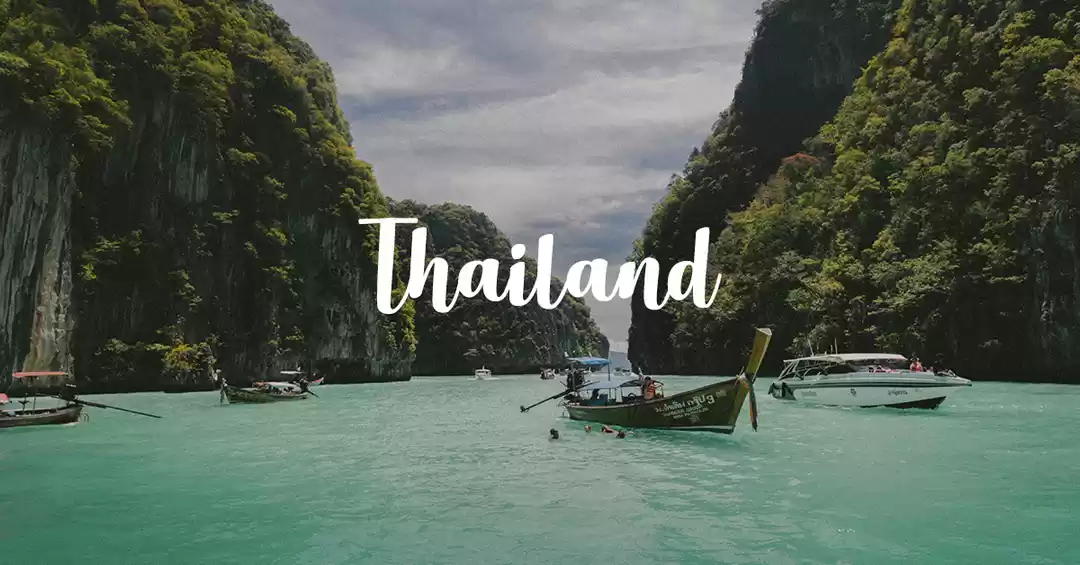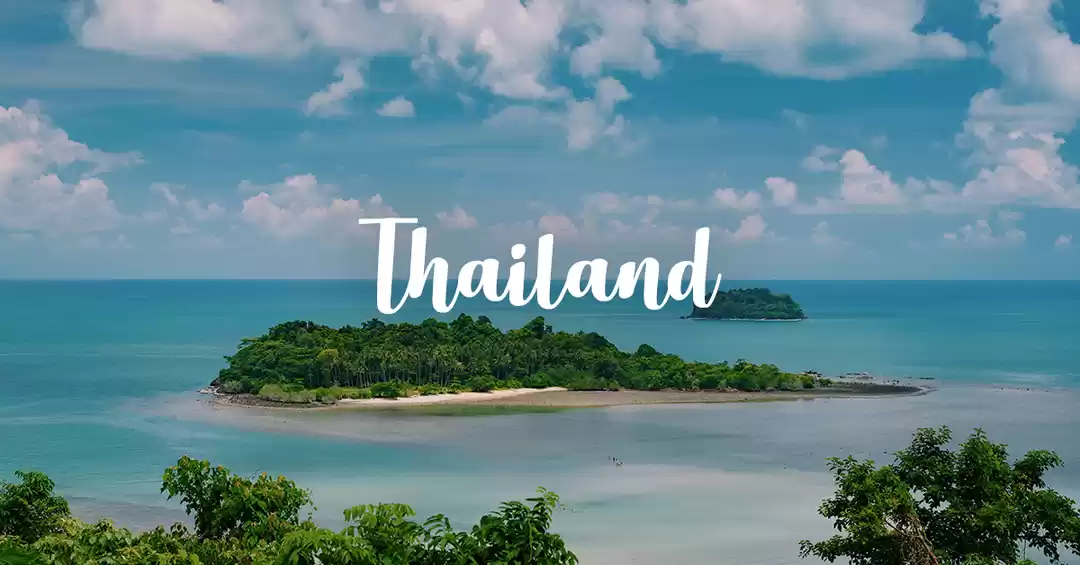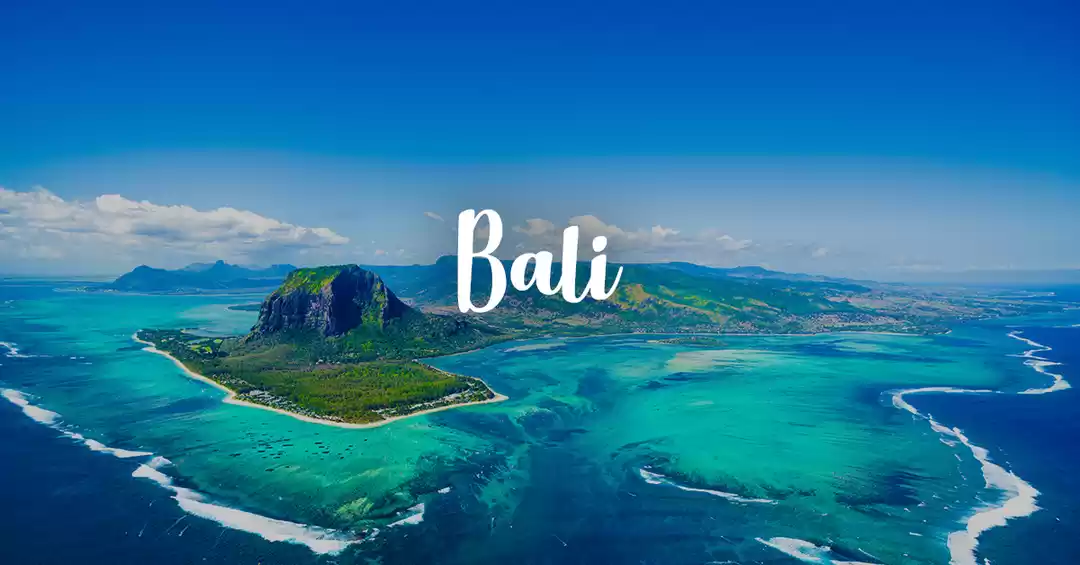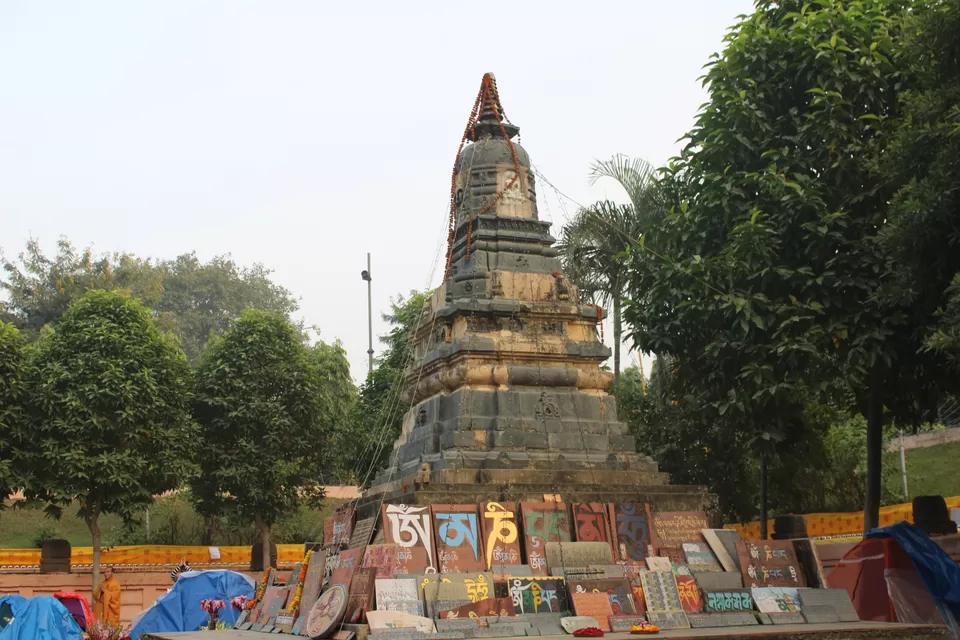
CHAPTER 02 - WHAT'S IN GAYA
PREVIOUSLY IN BIHAR...
After a long road trip from Kaashi, we arrived in Bihar and faced some unexpected challenges—including a frustrating hotel experience that taught me a thing or two about patience and perspective.
The next day, we visited the sacred Vishnupad Temple in Gaya, where my family performed ancestral rituals. Between legends, rituals, and reflections, I found myself thinking deeply about life, love, and the fleeting nature of time—especially as someone living far from home.

BUDDHA GAYA.
After returning to the hotel and changing, we decided to skip lunch at the hotel for some reason I can’t quite remember. We thought we’d head out and find a vegetarian restaurant near the touristy spots instead. As always, finding a pure veg restaurant was a challenge.
Eventually, we found one that claimed to be fully vegetarian. We went in and placed our order, but 40 minutes passed and… no food. My dad got up to check, and what he saw shocked him—they were cooking chicken in the kitchen. Furious, he confronted the staff, and an argument broke out.
I just wanted to leave.
Arguing in a new city always makes me nervous, especially when there are women and elders around. You never know how people will react when egos clash. Since the very beginning, I hadn’t had a great impression of Bihar—our experience started with a hotel argument, and now this. I just didn’t want things to escalate. So we hurried out of there without eating.
We decided to move on and head to Bodh Gaya.
The vibe was the complete opposite—calm, serene, peaceful. Our driver dropped us at the closest point, and we walked the rest of the way in silence. I was still processing the restaurant incident. Inside Mahabodhi Temple, no electronics were allowed except DSLR cameras, so we left everything else outside.
We hired a local guide for ₹300, and honestly, he was the only person I liked that day. He was kind, knowledgeable, and walked us through the temple’s rich history.
Mahabodhi Temple is a UNESCO World Heritage site, the place where Gautama Buddha attained enlightenment under the Bodhi Tree. The temple’s energy was indescribable—it felt sacred, still, and deeply grounding.
Since I’d visited Bhutan before, I was already familiar with Buddha and Buddhism. And learning about Emperor Ashoka’s transformation after the Kalinga War—how it led him here to find peace—was even more moving, because I’d studied about him in school.
To anyone reading this: visit this temple. It's worth it.
For the first time on this trip, I felt my mind quiet down, the chaos fade, and a strange peace wash over me.
After exploring the temple and taking photos, we made our way back to the hotel. All of us were still irritated and, more importantly, hungry. I kept thinking:
Was that argument necessary?
Could we have just walked out without letting it spiral?
And not just there—don’t we all have moments where a small irritation turns into an unnecessary argument? I’ve had those days too—where I snap, lose my temper, and later feel regret. On that ride back, I found a little answer for myself:
When things heat up, I walk away.
Not because I’m avoiding conflict, but because I believe some arguments aren’t worth the emotional toll. Not every war needs to be fought.
The best war is the one that never begins.
Back at the hotel, we had lunch. The pasta? Amazing.
I ate to my heart’s content. My mom headed to the spa, and I finally got time to unwind, relax, and just breathe. We even strolled around the hotel—it was a big property—and by the time dinner came around, we were in a better mood.
Originally, we had plans to leave for Jharkhand the next day. But no one was in the mood.
My parents were tired. My grandfather was done. And me? I was running on low social battery after just flying back from the U.S. and jumping straight into a full travel itinerary.
So we cancelled the Jharkhand trip.
And honestly, I’m glad we did.
Sometimes, it's okay to just slow down.
To rest instead of rush.
To choose peace over plans.
Instead, we decided to explore more of Gaya at our own pace the next day.

as Day Two in Bihar, and we were more relaxed since we’d cancelled our plan to visit Jharkhand. Instead, we decided to explore places near Gaya, especially the many Buddhist monasteries.
Each monastery here is built in the architectural style of different Asian countries—Bhutanese, Chinese, Vietnamese, Japanese, Korean, and more. While we couldn’t cover all of them, we first visited the Metta Buddharam Temple, built in traditional Chinese architecture. There was a large Buddha statue and a statue of Emperor Ashoka—the historical figure I’ve admired since my school days. Finally seeing his statue felt like finding a piece of my childhood fascination.
Next, we visited the Great Buddha Statue, which is massive and surrounded by a serene park. I was creating content for my Instagram but also found myself drawn into deeper thought.
Seeing Buddha’s calm expression, eyes closed in eternal stillness, made me reflect again. I’ve admired his teachings since I was young—especially the Eightfold Path. I wondered what his life must have been like. What made him leave everything behind at such a young age? How did he have the courage to walk away from luxury in search of truth?
Then it struck me—we all have moments of realization in life. Moments shaped by experience, loss, love, or even silence. That’s how we evolve. Life constantly pushes us to choose between right and wrong, and we keep trying different strategies, hoping one of them will work. Eventually, we realize:
We can never please everyone. We will always be a villain in one story, and a hero in another.
We’re not one person—we’re different versions of ourselves with different people.
I can be carefree and vulnerable with my parents. With others, cautious. With some, I'm joyful; with some, distant.
And that’s okay.
The key is to accept all those versions, nurture them, and keep becoming better.

After the statue, we visited Sujata Stupa, dedicated to the milkmaid Sujata—who is believed to have fed Gautama Buddha rice and milk after seven years of intense fasting, helping him end his suffering and attain enlightenment.
My dad narrated the story, and I was amazed.
Just rice and milk led to Buddha’s illumination?
It made me think: isn’t that what all of us need? Just food, love, and contentment?
But we complicate life with greed, comparison, and the chase for “more.”
If we could just live one good day at a time, doing what we can today to make tomorrow better—we’d live fuller lives.
Greed robs people of contentment. Simplicity sets us free.
Our final stop for the day was Sarvamangala Gauri Shakti Peetha.
We had to climb nearly 50 steps, and the queue to enter the temple took around 1.5 hours. Just as we were about to enter, two men approached us, demanding money for “special entry.”
We were furious.
Temples in South India are far more organized—even when there's paid entry, it's clearly mentioned outside. Here, it felt chaotic and unfair.
We didn’t want to support disorder or exploitation. We refused to pay, prayed from the outside, and walked away.
Once again, I thought about human greed.
If a temple is dedicated to God, shouldn’t it be accessible to everyone? I understand that donations keep temples running—but this one wasn’t well-maintained, nor did it have order.
Where does the money go?
We didn’t want to be part of something that didn’t align with our values.
Afterward, we made a quick visit to a local museum. It was small. Some sculptures were interesting, but honestly—I’m not a museum person.
I prefer nature, temples, and stories.
Unless a museum is truly immersive (like the Visvesvaraya Museum in Bangalore, which I love), I find it hard to connect.
By afternoon, we were done. There wasn’t much else to do, and we all wanted to head back to the hotel and just relax.
And I believe that’s okay too.
Not every trip needs to be filled with endless checklists.
Sometimes, stillness is the most needed destination.
We reached the hotel, rested, had lunch, took a stroll around the resort, and I spent some time editing my videos for Instagram. As the day wound down, we had dinner and called it a night.







